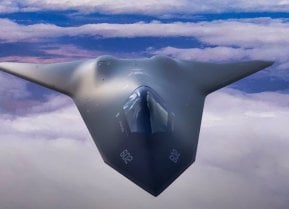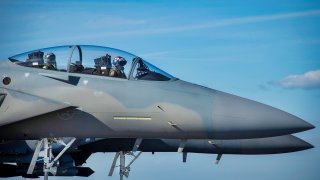What Makes the F-15EX Fighter A Real Game Changer
The Oregon Air National Guard’s 142nd Wing is set for a significant upgrade as it prepares to transition from the F-15C to the newer F-15EX, becoming the first operational unit to do so.
Summary: The Oregon Air National Guard’s 142nd Wing is set for a significant upgrade as it prepares to transition from the F-15C to the newer F-15EX, becoming the first operational unit to do so.
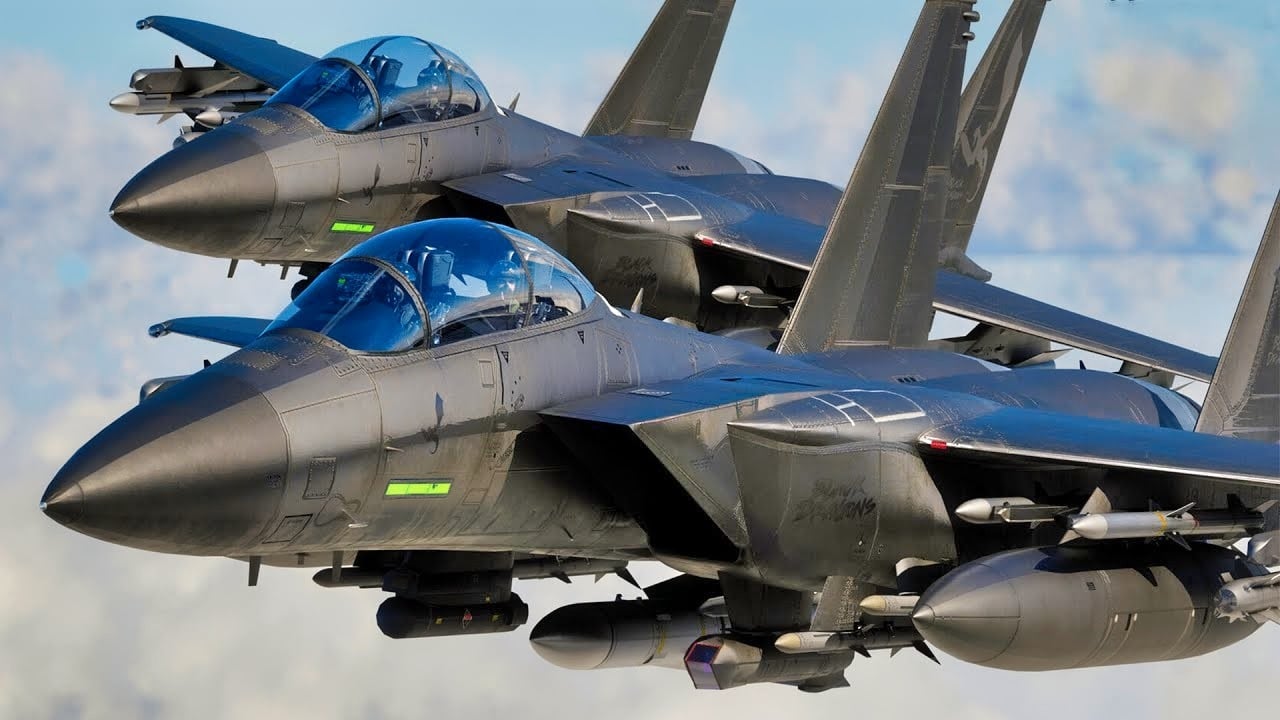
-Pilots from the 142nd recently tested the F-15EX at Eglin Air Force Base in Florida, noting substantial improvements in power, radar, and avionics compared to the aging F-15C. The F-15EX features modern fly-by-wire control systems and a glass cockpit with large touchscreens, enhancing pilot situational awareness and operational capability.
-This transition not only marks a technological leap in aircraft for the 142nd Wing but also positions the unit as a pioneer in adopting advanced fighter technologies within the Air National Guard.
Oregon's 142nd Wing to Pioneer the Transition to the F-15EX Fighter Jet
In Oregon, where the Air National Guard’s 142nd Wing maintains bases in Portland and Klamath Falls, the skies are often reverberating with the sounds of F-15 fighters. While many of the residents bemoan the twin-engine jet’s intrusive roar, aviation enthusiasts appreciate the opportunity to spot the legendary F-15 so frequently.
At present, the 142nd Wing operates the F-15 C-variant. The F-15C is an aging yet capable single-seat air superiority fighter, built “without a pound for ground.” The F-15C is in operation with ANG units in Oregon, California, Florida, Louisiana, and Massachusetts.
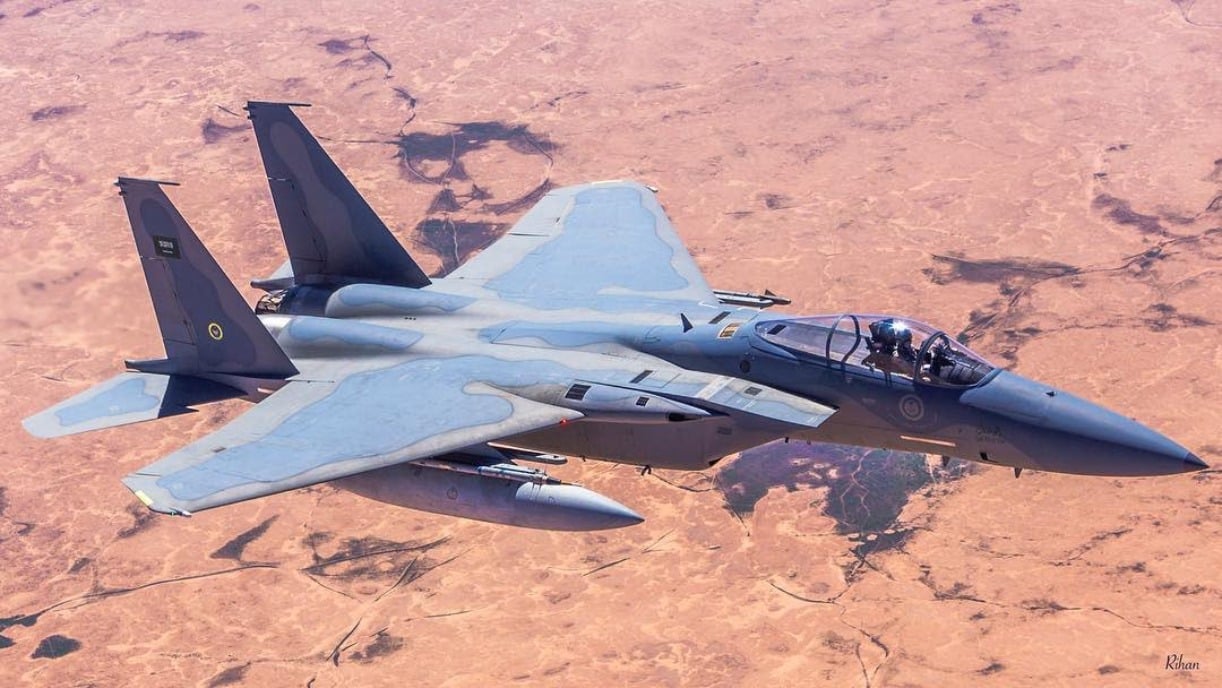
As an air superiority fighter, the F-15C is well suited for defending the territorial integrity of the United States—thus the jet’s placement in states along the United States’ outermost border. But later this year, Oregon’s 142nd will become the first operational unit for the F-15EX, giving Oregon plane spotters something novel to see.
Testing out the new jet
Pilots from the 142nd traveled to Eglin Air Force Base in Florida last March to test out the F-15EX.
“My impression of the F-15EX after flying it for the first time was that it is an awesome, awesome aircraft,” said Lt. Col. Joel Thesing. The Portland-based 142nd is expected to swap out their F-15Cs for F-15EXs sometime in the summer.
The F-15EX will offer upgrades over its predecessor with respect to speed, range, payload, and avionics. Thesing noted the upgrades after flying the F-15EX in Florida. “The engines feel like they have a lot more power than those in the C-model, and the radar and avionics are a generational improvement over the F-15C as well.”
Thesing was one of five Oregon-based F-15C pilots to attend the F-15EX training course at Eglin. According to the 142nd Wing’s spokesman, Steve Conklin, training F-15C pilots to transition to the F-15EX only takes about two weeks. One of the primary differences between the F-15C and the F-15EX is that the F-15C used a cable system to push and pull control flight surfaces whereas the F-15EX uses a fly-by-wire system, where electrical wires send signals that control flight surfaces.
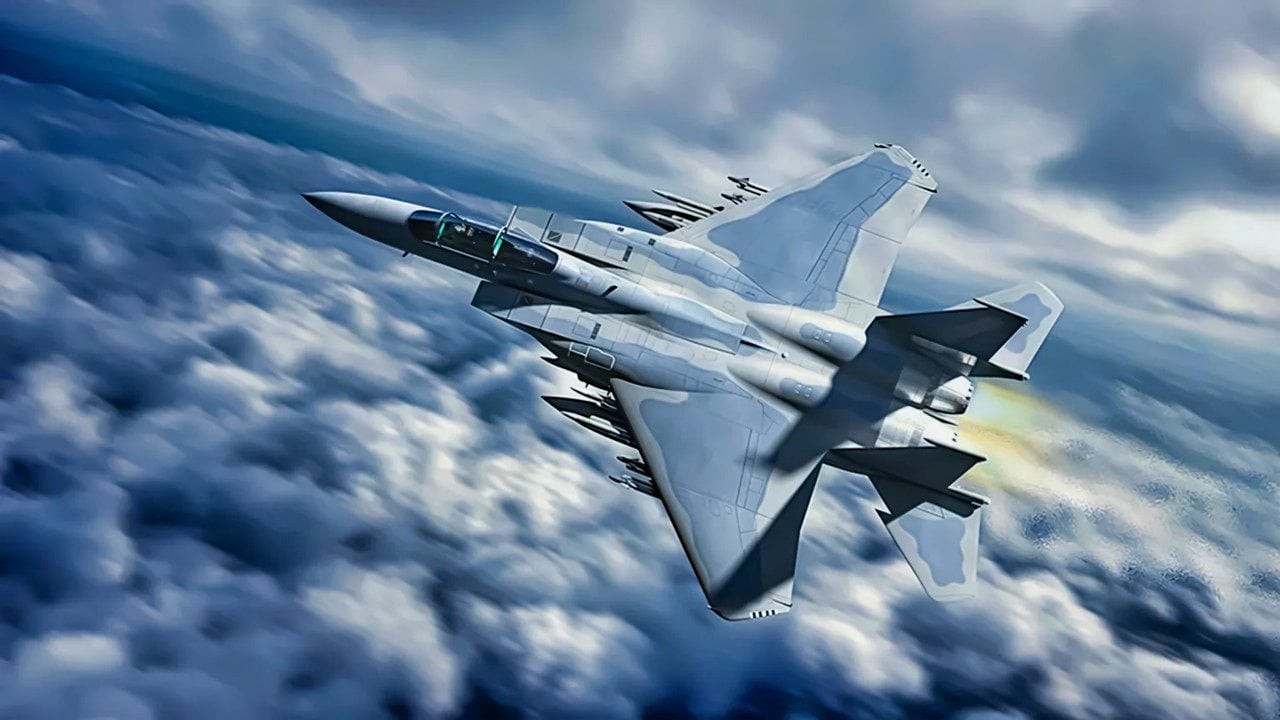
The fly-by-wire system is becoming standard in modern aircraft as it compensates for the inherent instability of agile fighters built with relaxed stability. Also, whereas the F-15C featured an outdated cockpit full of small screens and dials, the F-15EX features a modern glass cockpit with large touchscreens.
“When I look at this thing, it makes me salivate a little bit,” said retired Air Force major Ryan Bodenheimer. “The F-15E was great but the screens on that thing were small, they needed updating.” Bodenheimer continued, “this is going to be a huge force multiplier because it increases your situational awareness by allowing you to just kind of breath and see what’s going on.”
Conklin emphasized that the 142nd was excited to lead the ANG transition to the EX-model.
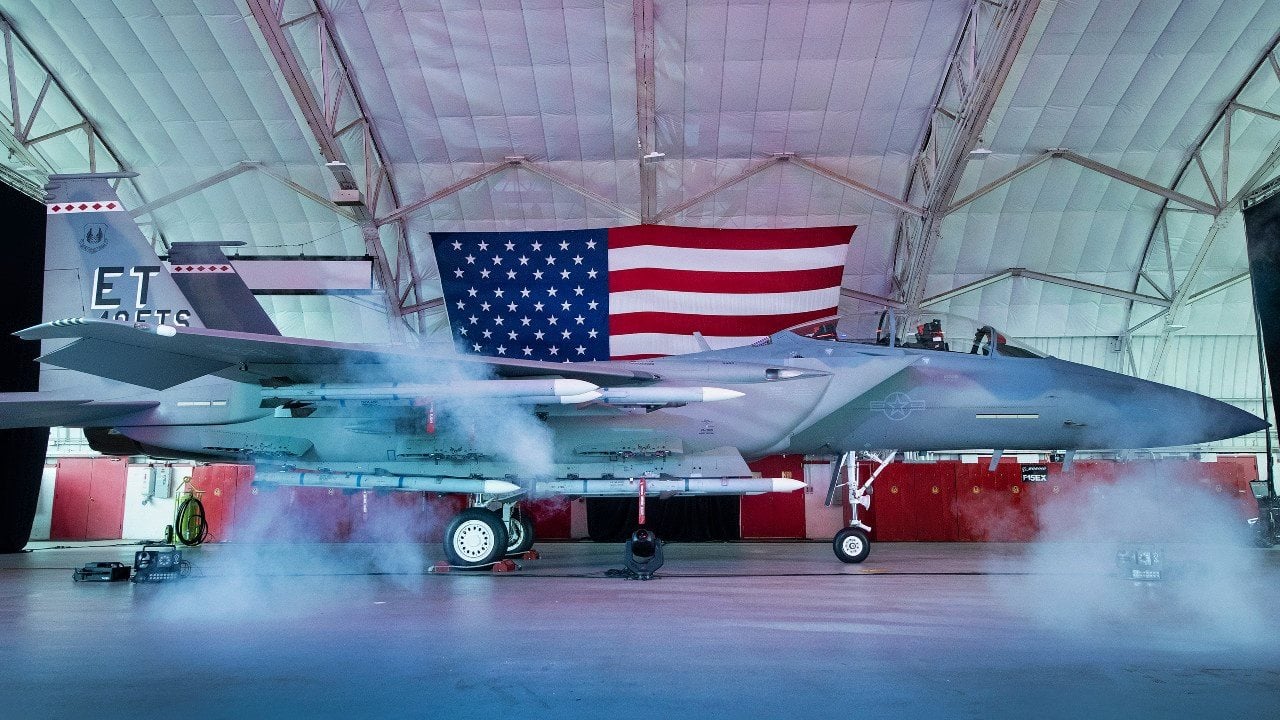
“We are excited to be at the forefront of this acquisition and lead as an Air National Guard unit,” Conklin said. “Our Airmen are fully capable and enthused to be trailblazers for the Air Force in the State of Oregon.”
About the Author: Harrison Kass
Harrison Kass is a defense and national security writer with over 1,000 total pieces on issues involving global affairs. An attorney, pilot, guitarist, and minor pro hockey player, Harrison joined the US Air Force as a Pilot Trainee but was medically discharged. Harrison holds a BA from Lake Forest College, a JD from the University of Oregon, and an MA from New York University. Harrison listens to Dokken.
